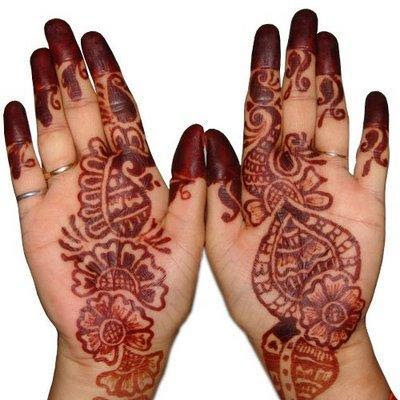is an amalgamation of these diverse sub-cultures spread all over the Indian subcontinent and traditions that are several millennia old.
Regarded by some historians as the "oldest living civilization of Earth", the Indian tradition dates back to 8000 BC and has a continuous recorded history since the time of the Vedas for over 5,500 years. Several elements of India's diverse culture — such as Indian religions, yoga and Indian cuisine have had a profound impact across the world. Religions and spirituality
India is the birth place of Hinduism, Buddhism, Jainism and Sikhism, collectively known as Indian religions. Indian religions, also known as Dharmic religions are a major form of world religions along with Abrahamic ones. Today, Hinduism and Buddhism are the world's third- and fourth-largest religions respectively,
India is one of the most religiously diverse nations in the world, with some of the most deeply religious societies and cultures. Religion still plays a central and definitive role in the life of many of its people.
The religion of 80% of the people is Hinduism. Islam is practiced by around 13% of all Indians. Christianity, Zoroastrianism, Judaism and the Bahá'í Faith are also influential but their numbers are smaller. Despite the strong role of religion in Indian life, atheism and agnostics also have visible influence along with a self-ascribed tolerance to other people. Sikhism, Jainism and especially Buddhism are influential not only in India but across the world.



No comments:
Post a Comment